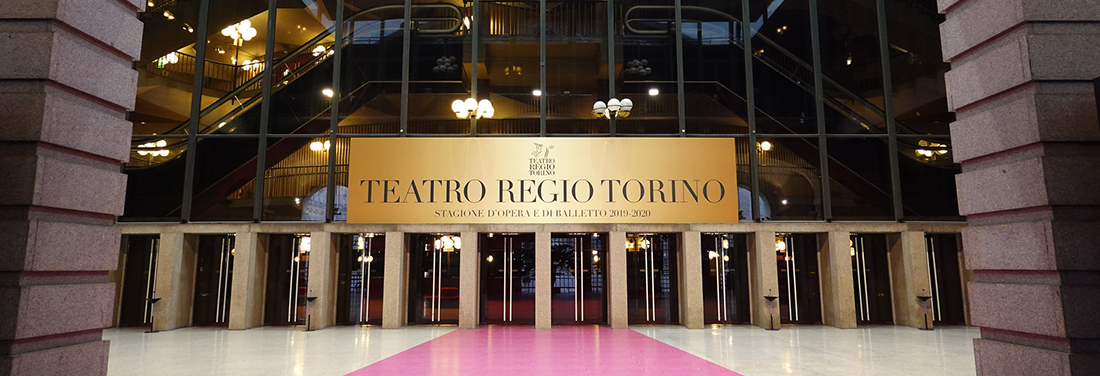

The Cunning Little Vixen, Leos Janacek’s late-career opera—a wonderous work with an almost miraculous sense of charm and poignance—has found significant success in conservatories.
The success of Porgy and Bess at the Met forced bass-baritone Eric Owens, the newly installed director of vocal studies at the Curtis Institute, to cancel a long-planned afternoon recital at the school on February 16.
The Berta (mezzo-soprano Emily Damasco) runs away with the show.
Two atmospheric but bleak works provide a musical illustration of the notion that misery loves company.
Although Leonard Bernstein’s Trouble in Tahiti is always categorized as an opera, the piece certainly has one foot planted firmly in his jazzy musical-theater style.